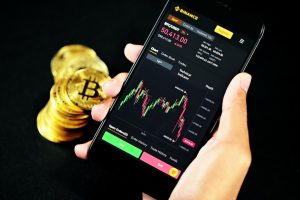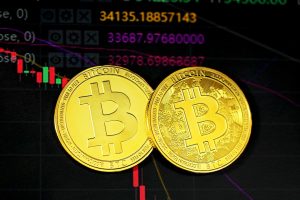When it comes to trading, there are a number of options available to investors. Two of the most popular trading options are futures and forex. While both futures and forex offer significant profit potential, one question that is often asked is “which one requires less money to start?” In this article, we will explore the differences between futures and forex trading and determine which one is more affordable for new traders.
Futures Trading
Futures trading involves buying and selling contracts for a specific commodity or financial instrument at a predetermined price and date. Futures contracts can be traded on a wide range of assets, including commodities like gold and oil, as well as financial instruments like stocks and currencies. Futures trading is typically done on exchanges, such as the Chicago Mercantile Exchange (CME) or the Intercontinental Exchange (ICE).
One of the biggest advantages of futures trading is that it offers a high degree of leverage. This means that traders can control large positions with a relatively small amount of capital. For example, if the margin requirement for a particular futures contract is $5,000, a trader can control a position worth $100,000 with just $5,000 in capital.
However, leverage can also increase the risk of losses. If a trader’s position moves against them, they could lose more than their initial investment. This is known as a margin call, and it can be especially dangerous for inexperienced traders.
Forex Trading
Forex trading, also known as foreign exchange trading, involves buying and selling currencies in order to profit from changes in exchange rates. Forex trading is typically done through a broker or a trading platform, rather than on an exchange. The forex market is the largest financial market in the world, with an average daily trading volume of $5.3 trillion.
One of the advantages of forex trading is that it requires less capital than futures trading. In fact, some forex brokers allow traders to open accounts with as little as $50 or $100. This makes forex trading more accessible to new traders who may not have a lot of capital to invest.
Another advantage of forex trading is that it is a decentralized market, which means that trades can be executed 24 hours a day, five days a week. This can be beneficial for traders who want to trade outside of traditional market hours.
However, forex trading also comes with its own set of risks. Like futures trading, forex trading involves leverage, which can amplify profits but also increase the risk of losses. Additionally, the forex market is known for its volatility, which can make it difficult to predict the direction of currency prices.
Which One Requires Less Money to Start?
While both futures and forex trading offer the potential for high profits, the amount of capital required to get started is different for each. Futures trading requires a larger initial investment, as traders must meet the margin requirements for each contract they wish to trade. Depending on the contract, this can range from a few thousand dollars to tens of thousands of dollars.
Forex trading, on the other hand, requires less capital to get started. Some brokers allow traders to open accounts with as little as $50 or $100. However, it’s important to note that just because a trader can open an account with a small amount of capital, it doesn’t mean that they should. In order to be successful in forex trading, traders need to have a solid understanding of the market and a well-developed trading strategy.
Conclusion
In conclusion, both futures and forex trading offer significant profit potential, but the amount of capital required to get started is different for each. Futures trading requires a larger initial investment, but also offers high leverage and the ability to control large positions with a relatively small amount of capital. Forex trading requires less capital to get started, but also comes with its own set of risks, including volatility and leverage. Ultimately, the decision of which one to choose will depend on a trader’s individual risk tolerance, trading style, and investment goals.






